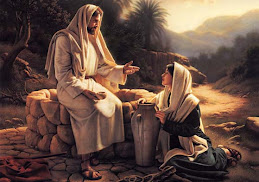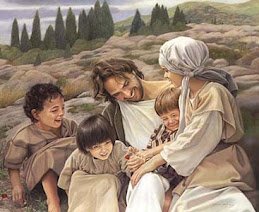Psalm 55:22
Cast your burden on the LORD, and He shall sustain you; He shall never permit the righteous to be moved.
Two of Rizpah's sons had been taken from her and put to death. Because they were of the lineage of Saul, their blood and that of their half brothers had been required to break the famine in the land spawned from God's judgment against Saul's actions. With no warning, her sons were handed over to the Gibeonites who "killed and exposed them on a hill before the LORD" (2nd Samuel 21:9. While this act was necessary to reverse the curse over the land spiritually, it did nothing to assuage the heartache and loss of a mother for her sons.
Whether due to accident, sickness, or violence, the death of a child prior to the parents' passing can wreak devastation upon those left behind if they remain in the 'land of the dead' , so to speak.
Rizpah was so overcome with grief that she remained beside the bodies of her sons to prevent their inevitable destruction from the birds and wild animals. She chose to remain with the dead.
Compare her actions with those of King David. "His response to the loss of his illegitimate son with Bathsheba is contrary to human nature, but comes from a heart that in grief could trust in the God of all comfort.
Immediately after the child's death David took four steps.
1 He got up and washed himself.
2 He worship the Lord.
3 He ate, resuming typical daily activities.
4. He comforted Bathsheba, the child's mother.
David recognized the important truth that to remain in the land of the dead could achieve no purpose other than further destruction. Did he grieve? Absolutely. But he understood that healing comes in the presence of the Lord.
He also understood that at the loss of their child, Bathsheba was grieving as well. Instead of isolation, David chose consolation, that as parents they could join together in the difficult healing process ahead.
Monday, 5 April 2010
Subscribe to:
Post Comments (Atom)



















No comments:
Post a Comment